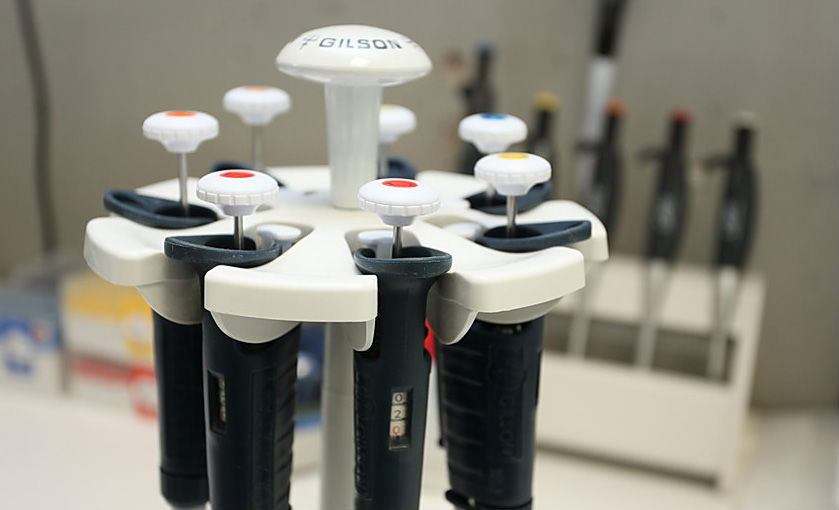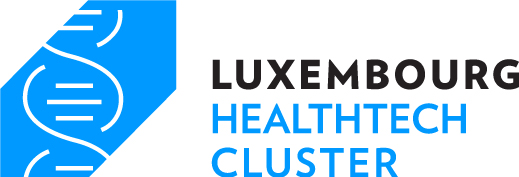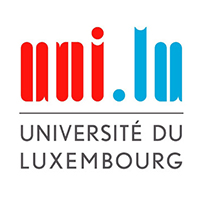University of Luxembourg Life Sciences Research Unit
University of Luxembourg Life Sciences Research Unit
Core business
Using fundamental molecular medicine and integrative systems biology approaches, the objective of the Life Sciences Research Unit is to gain further insights into the molecular mechanisms underlying inflammation and cancer. A particular focus is the analysis of signalling networks which are disturbed in disease situations, with the aim to identify targets for potential therapeutic intervention. Wet lab research is complemented by computational biology approaches.Moreover, members of the Life Sciences Research Unit coordinate and contribute to the teaching of the University of Luxembourg’s study programmes Bachelor in Life Sciences, Master in Integrated Systems Biology and the Doctoral School in Systems and Molecular Medicine.
The Research Unit comprises six laboratories: Neuroinflammation, Calcium Signalling, Signal Transduction, Cytoskeleton and Cell Plasticity, Systems Biology, and Molecular Disease Mechanisms.

Products & services
- Mathematical modelling and analysis of biological / complex systems;
- screening for small molecules which target the actin cytoskeleton;
- cell-based assays for drug screening (read-outs: gene expression, proliferation, apoptosis, migration, subcellular translocation of fluorescent proteins);
- testing of newly developed antibodies;
- concomitant intracellular calcium and superoxide release measurements by fluorometry;
- flow cytometry analyses;
- confocal microscopy imagery;
- several in vitro models of innate immune reaction;
- astrogliosis;
- differentiation of rodent neural stem cells;
- interaction between cultured cells and their substrate;
- scientific consulting;
- teaching and training in the fields of biochemistry, molecular biology, and cell biology;
- teaching and training in the fields of computational biology, bioinformatics, mathematical modelling.
Major HealthTech projects
FNR projects, e.g.:- Tes, a Cancer-Associated LIM-Domain Protein and Novel Actin Nucleator with a Dual Function in the Cytoplasm and the Nucleus (co-funded by FWO);
- Inflammasome Function in Neuroinflammation: a Role for Microglia in Parkinson’s Disease;
- Inflammatory microRNAs in Liver Cancer (co-funded by DFG).
Fondation Cancer projects, e.g.:
- Colon cancer stem cells and hypoxia;
- Spinning Disk Confocal System.
IBBL project (collaboration with TGen, Phoenix, Arizona, and the ISB, Seattle):
- “Melanomics”
UL projects, e.g.:
- tandem projects with LCSB: “MetaIL6” and “ImMicroDyn1”;
- role of notch signalling in the enteric neural stem cells;
- regulation of neutrophil functions during inflammation: role of SNARE fusion proteins;
- focus on the early step of atherosclerosis: synergetic effect of S100A8/A9 and IL-17D;
- investigation of oncogenic signalling pathways initiated by mutated PDGFR and KIT kinases;
- molecular circuits linking L-plastin phosphorylation to breast cancer progression.
Technical / technological capabilities
State-of-the-art technologies in:- biochemistry;
- molecular biology;
- cell biology;
- computational biology;
- bioinformatics;
- mathematical modelling.
- Facilities for cell culture, molecular biology and biochemistry;
- hypoxia cell culture station;
- quantitative epifluorescence cell imaging system (LEICA microscope, Princeton CDD camera) and data exploration software (Metaview);
- FACSCanto II flow cytometer;
- Zeiss LSM 510 Meta confocal microscope;
- Spinning Disk Confocal System;
- quantitative real time PCR machines (BIORAD);
- fluorimeter;
- Beckman ultra-centrifuge;
- a gel/blot detection facility, an Odyssey far-red fluorescence detection facility, a luminometer;
- amaxa electroporator, spectrophotometers, Nanodrop devices;
- phosphoimager;
- multiwell-plate reader;
- automated liquid sample distribution station;
- an Incucyte Kinetic Imaging System;
- PCs / servers with up-to-date Systems Biology and Bioinformatics software to build and analyse mathematical models of biological processes.
Main customers / collaborations
National: Luxembourg Institute of Health (LIH); Centre Hospitalier de Luxembourg; Laboratoire National de Santé; Luxembourg Institute of Science and Technology (LIST); Axoglia; WafergenInternational: Institute for Systems Biology, Seattle (USA); TGen, Phoenix (USA); Technische Universität Dresden (DE); University of Stuttgart (DE); Universitätsklinikum des Saarlandes (DE); University of Kuopio (FI); Ottovon- Guericke-University Magdeburg (DE); University of Strasbourg (FR); University of Paris-Sud (FR); Gent University-VIB (BE); Belarus State University, Minsk (BY); DKFZ Heidelberg (DE); EMBL, Heidelberg (DE); IGBMC, Strasbourg (FR); IGMM, Montpellier (FR); University of Exeter (UK)
Print this page Send by email




